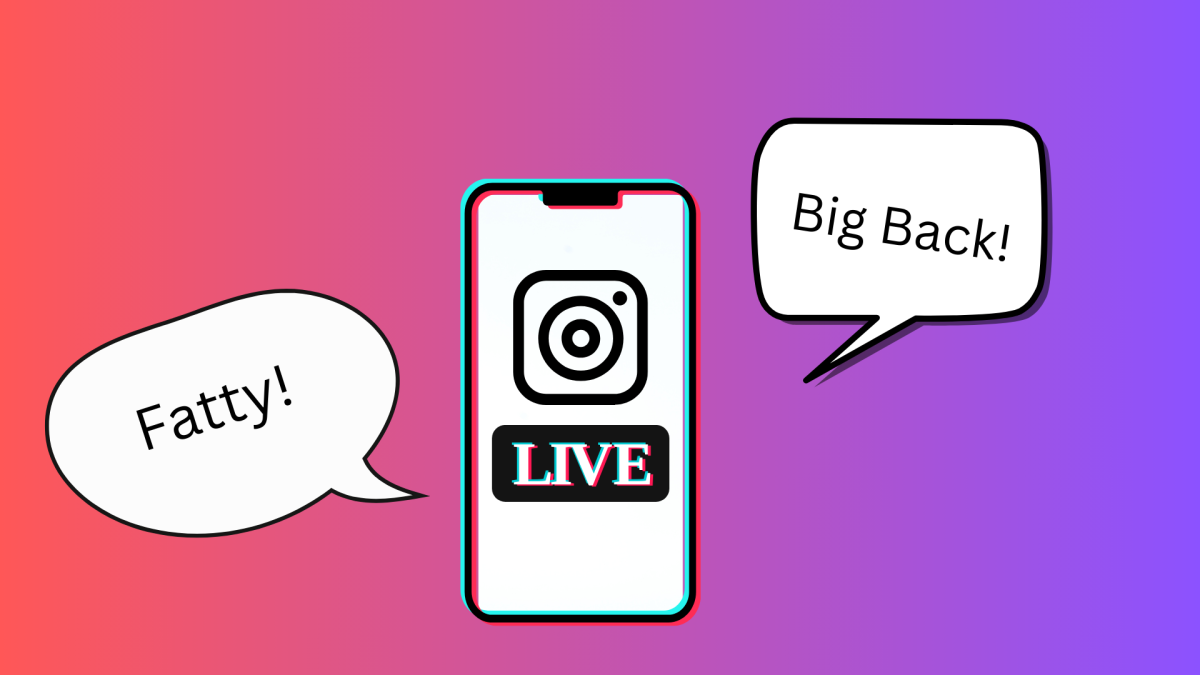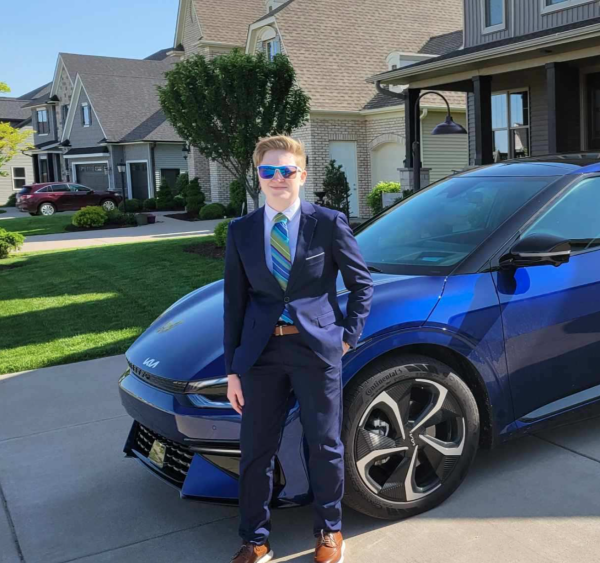The newly-coined term “big back” is taking the internet by storm. While some users see the trend as light-hearted banter and good fun, others recognize it as body shaming and fatphobic.
The most popular use of the term “big back” refers to the size of someone’s upper body and is typically used to call people overweight. Influencers will also say “big back” when referring to how much food someone eats, with variations like “big back behavior” when describing someone who is eating. Moreover, someone may also use the term to refer to themselves and say they need to “un-big my back.”
People who participate in this trend can be seen stuffing their shirts and pants with pillows, attempting to appear “fatter.” Social media stars also dance to the Dora theme song, which has been rewritten with the lyric “big back” instead of “backpack.”
One of the most significant reasons the “big back” trend can be problematic is its use in body shaming. The term is frequently used to mock people, particularly women who don’t fit a slim physical ideal, perpetuating negative body images and insecurities.
Some people choose to focus on the way “big back” is used as a joking term and don’t see the trend negatively affecting them. Senior Sean Murphy has earned the nickname “big back” from his 6th period Honors Journalism class. “I do not mind being nicknamed “big back” by my classmates due to my unusually large eating habits,” stated Murphy. “However, I could understand how someone could feel hurt or insecure by this as it’s just another form of name calling and bullying that takes place in our society,” continued Murphy.
Experts say even though this term is mostly used in seemingly harmless Instagram and TikTok videos, kids and teens’ mental health is still at risk. The repeated exposure to this fatphobic and idealized content contributes to feelings of inferiority, anxiety and low self-esteem. Social media has also greatly contributed to the rise in eating disorders amongst teens, with an increase from 3.4% to 7.8% in 2024.
The trend has even reached elementary audiences, with one concerned mom tweeting, “This ‘big back’ business is fatphobia. My 6-year-old coming home and asking if she has ‘the biggest back’ because she wanted extra crackers at snack time is NOT cute or funny. Time to wrap it up.” Studies have shown that social media has a multitude of negative effects on teens’ well-being, mental health and body image. The term “big back” is just another trend that adds to the negativity of platforms like Instagram and TikTok. These harmful trends demonstrate why it is important to encourage healthy online habits and create safe digital spaces for teens.









